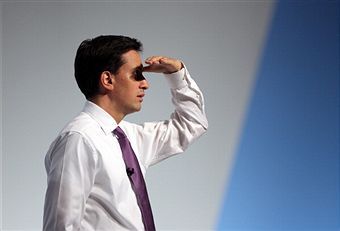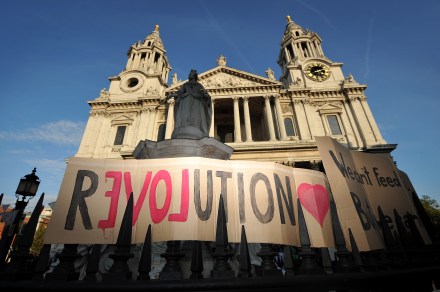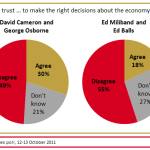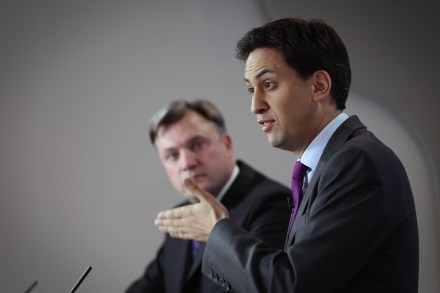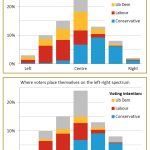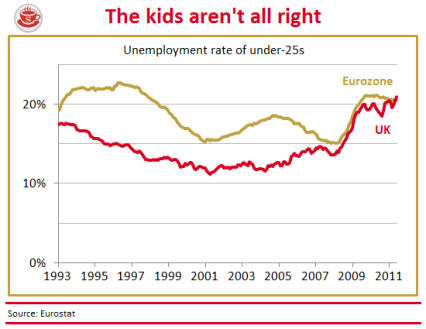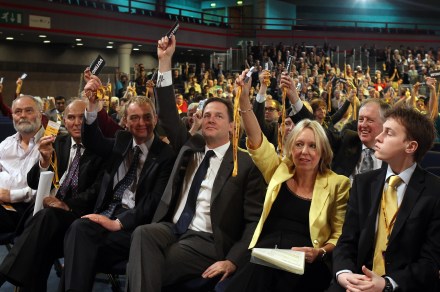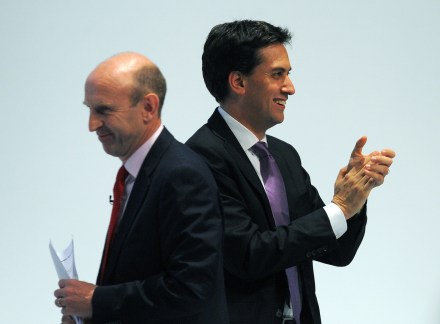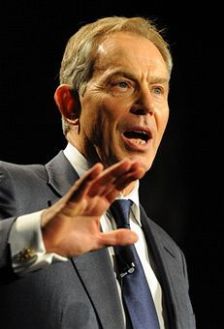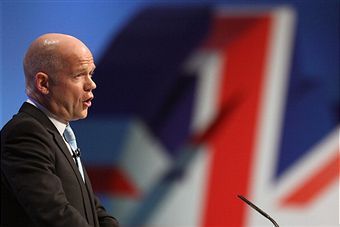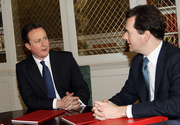Europe bubbles to the surface in PMQs
A particularly fractious PMQs today. Ed Miliband started by asking questions about Liam Fox which, frankly, seemed rather out of date given that Fox has already resigned. Cameron swatted them away fairly easy, mocking Miliband with the line “if you’re going to jump on a bandwagon make sure it is still moving”. But when Miliband came back on the economy, Cameron was far less sure footed. The Labour leader had one of those great PMQs facts: despite the government having issued 22 press releases about the regional growth fund in the last 16 months only two firms have received any money for it. A visibly irritated Cameron then said that


